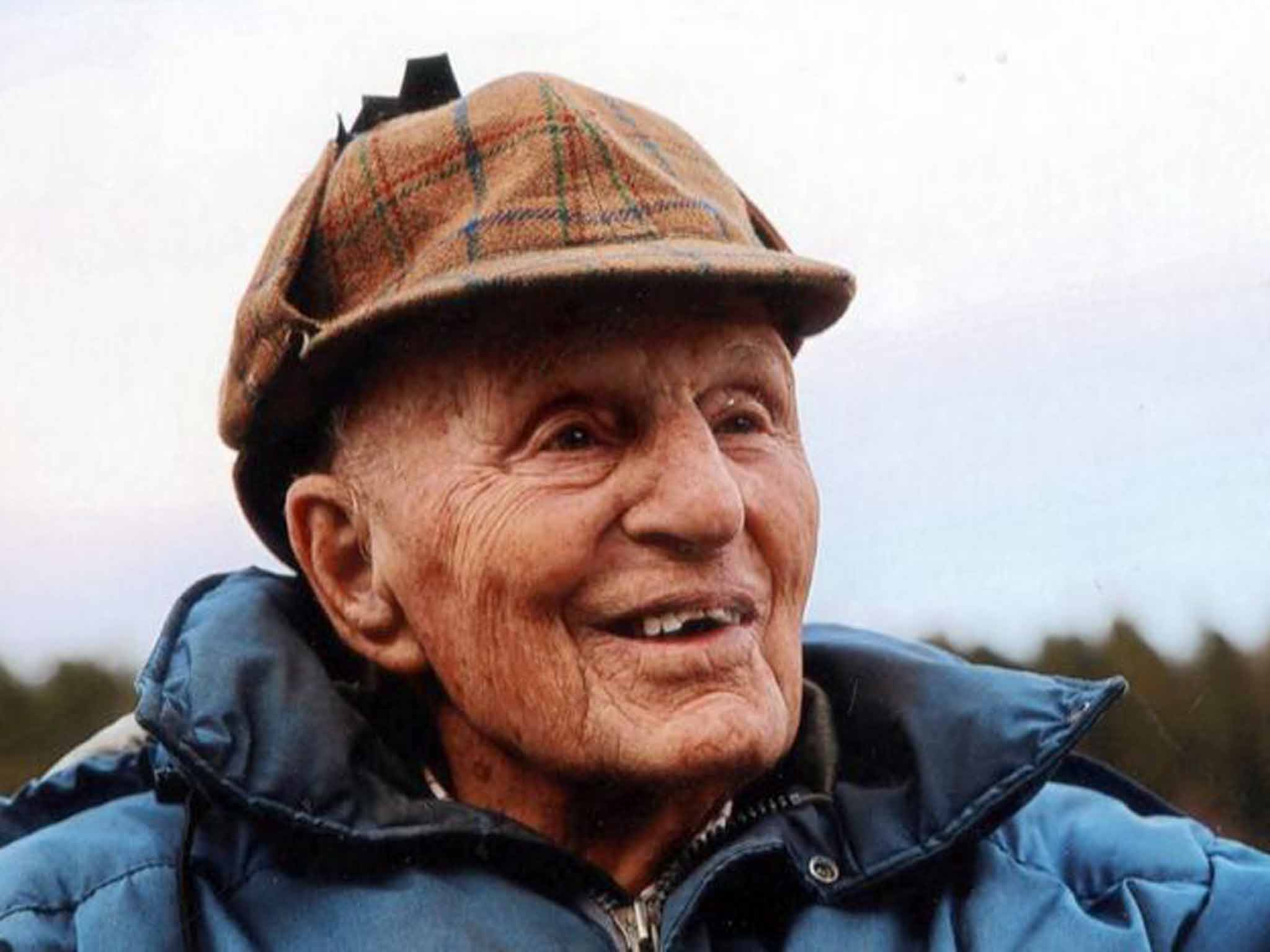Jerome Kohlberg Jnr: Pioneer of the leveraged buy-out who warned the finance industry against greed and became a noted philanthropist
He established an $8m Fund for Veterans' Education, a college scholarship programme that has assisted more than 300 vets.

In the 1960s Jerome Kohlberg Jnr pioneered the leveraged buyout, or LBO, in which a company is bought using significant amounts of borrowed money. He went on to co-found one of the most feared powerhouses in the private equity industry, Kohlberg Kravis Roberts & Co, probably best known for the audacious purchase of the tobacco and food conglomerate Nabisco for a then record $30.1bn.
A multi-billionaire, Kohlberg avoided the limelight, preferring to play tennis or softball with friends and family near his home in Martha's Vineyard. A self-deprecating man, he became a noted philanthropist.
Regarded as a visionary by many and referred to by one observer as "the spiritual father of the entire LBO industry", Kohlberg started out with the Wall Street firm Bear Stearns in 1955, rising to head the bank's corporate finance department, responsible for the capital-raising that was the mainstay of investment banking.
At Bear Stears he developed the "bootstrap" deal, a type of buyout of firms owned by older founders looking to sell. Depending on securing outside investors to acquire, restructure and float a private company, often in conjunction with the existing management, the arrangement provided a way out for families who had built up a business – and a way of avoiding huge estate taxes upon the founder's death while still keeping a stake in the business. Kohlberg's formula became the basis of the LBO.
Working with two younger men, Henry Kravis and George Roberts, who he was mentoring, Kohlberg attempted to form an LBO group within Bear Stearns but this was rejected; in the wake of the 1974 stock market crash, investors were avoiding anything new and uncertain. The three departed, and in 1976 formed Kohlberg Kravis, Roberts & Co (KKR). Kohlberg's vision was to establish an investment firm whose revenue was based not on earning commissions but on taking controlling equity stakes in companies at crossroads.
Refining the methods pioneered at Bear Stearns, KKR borrowed large sums from institutions such as insurance companies and pension funds to buy underperforming firms. They would retain existing management but cut staff, unload unprofitable assets and end costly perks like private jets, then sell the company in whole or in parts within a few years.
Kohlberg said management "had to have ownership in the business, something at stake. We made them buy stock and also gave them some options, so that they were on the same side of the table as we were." KKR began looking for bigger prey and in 1979 bought Houdaille, a car and aircraft equipment manufacturer, for $370m, the first buyout of a New York Stock Exchange listed company.
During the 1980s, KKR expanded rapidly amid the takeover boom and by 1985 accounted for almost a third of LBO business. Their buyouts included the supermarket chain Safeway, bought in 1986 for $4bn, and, the same year, the Chicago-based food and consumer products company Beatrice, which owned brands such as Avis (car rentals) and Playtex (lingerie) for at $6.2bn – the largest buyout up to that point.
By 1988 KKR had made more than 35 buyouts worth more than $40bn, but all was not well. Kohlberg, who had been off for a year after surgery for a brain tumour, returned to find his partners wanting to pursue large companies more aggressively. His partners dubbed him "Dr No", and the difference in the two visions was too much for Kohlberg, who favoured friendly deals sealed over drinks. Following the buyout of Beatrice, KKR's first hostile takeover, he left with a warning to the industry about greed. "We must all insist on ethical behaviour," he said, "or we will kill the golden goose."
In 1987 Kohlberg and his son James founded a new private equity firm, Kohlberg & Company, which specialised in medium-sized companies, though he also continued to invest in KKR's deals, including the hostile Nabisco buyout, even though he objected to it.
Born in New York in 1925, he was the son of Jewish émigrés, Jerome, an importer, and Edith, a writer and charity worker. He grew up in New Rochelle in Westchester County, New York, during the Depression. After a spell in the US Navy in the Second World War, he was helped by the GI Bill introduced in 1944 which provided for returning veterans including low-cost mortgages, low-interest loans and tuition fees. He gained a degree from Swarthmore College, a Masters from Harvard Business School and a law degree from Columbia University.
In 1989, Kohlberg sued KKR, claiming that Kravis and Roberts had illegally reduced his stake in four companies KKR had bought, but later settled out of court. Retiring from Kohlberg & Co in 1994, he helped manage his family foundation and supported a broad array of causes while shunning public announcements of his donations, which he thought would be "a little tasteless".
Believing the GI Bill inadequate for veterans of Iraq and Afghanistan, in 2014 he established an $8m Fund for Veterans' Education, a college scholarship programme that has assisted more than 300 vets. He also helped people in danger of losing their homes to foreclosure and supported efforts to change election campaigning finance laws.
Jerome Kohlberg, financier and philanthropist: born New York 10 July 1925; married Nancy (four children); died Martha's Vineyard, Massachusetts 30 July 2015.
Subscribe to Independent Premium to bookmark this article
Want to bookmark your favourite articles and stories to read or reference later? Start your Independent Premium subscription today.

Join our commenting forum
Join thought-provoking conversations, follow other Independent readers and see their replies